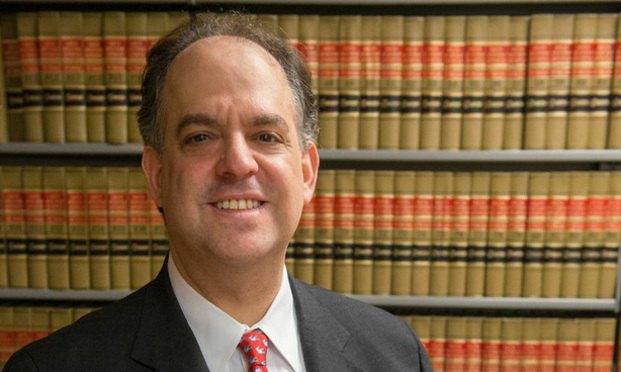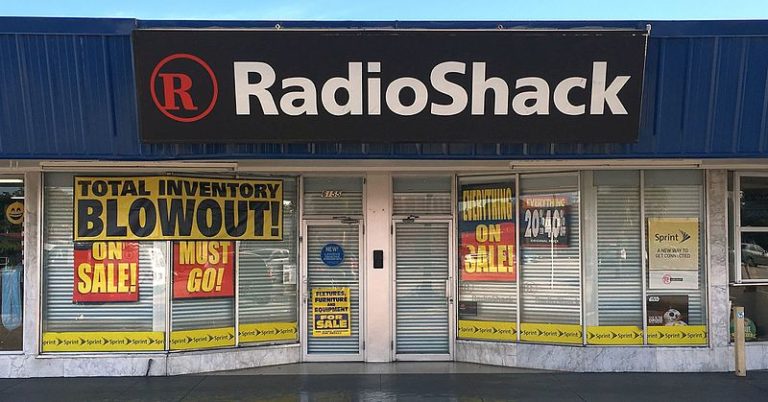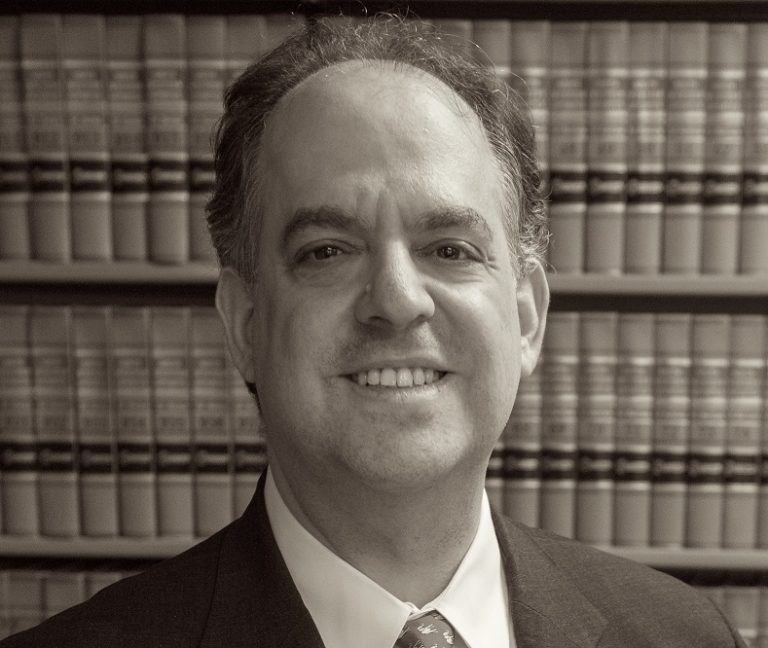Big cy pres victory in 8th Circuit: Oetting v. Green Jacobson
For years, parties have used cy pres—the practice of giving settlement money to charity instead of the class—in abusive ways. When proposed by defendants, cy pres can be used to create the illusion of relief to justify greater attorneys' fees at the expense of the class when in fact all that is happening is that the defendant is changing accounting entries on charitable donations it would have made anyway. When cy pres is used to justify…





